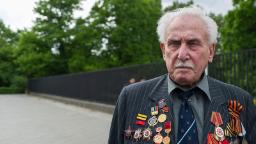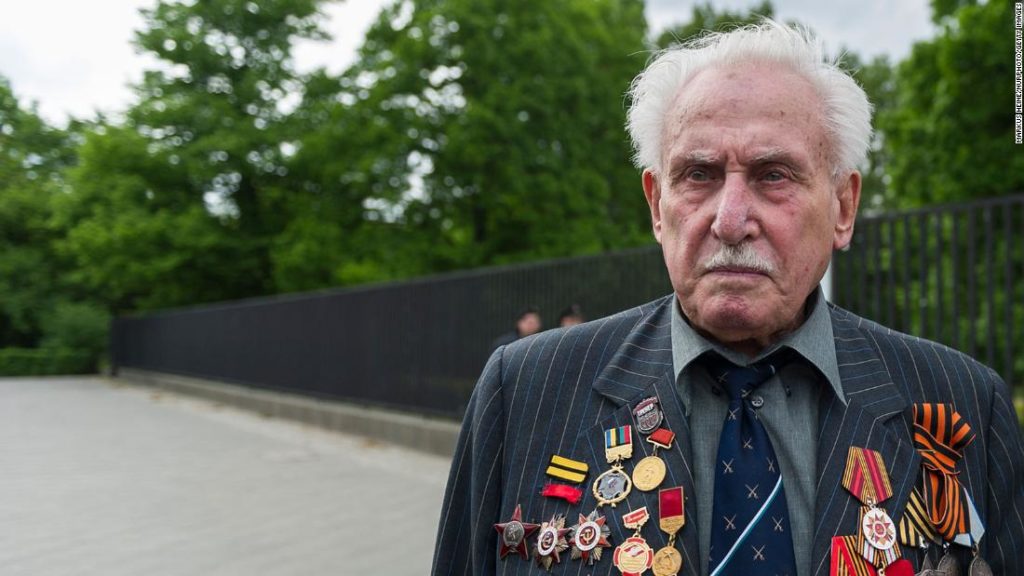
“Every contemporary witness who passes away is a loss, but the farewell of David Dushman is particularly painful,” she said. “He was one of the last who could tell about this event from his own experience.”
Some 6 million Jews were killed in the Holocaust.
“We had not known that Auschwitz existed,” he said.
Dushman was just one of just 69 men in his 12,000-person unit to survive the war, but he did not leave unscathed. One of his lungs was removed after he was seriously wounded, according to Reuters.
Following his military career, Dushman went on to become an international fencer and fencing coach. He was the USSR’s best fencer in 1951 and coached the Soviet women’s team from 1952 to 1988, according to the International Olympic Committee (IOC). His fencers won two gold medals, two silver medals and three bronze medals at the 1972 Summer Olympic Games in Munich.
Thomas Bach, the German president of the IOC and a former fencer, knew Dushman personally. Bach said in a statement that he was “deeply saddened” by the news of Dushman’s death.
“When we met in 1970, he immediately offered me friendship and counsel, despite Mr. Dushman’s personal experience with World War II and Auschwitz, and he being a man of Jewish origin. This was such a deep human gesture that I will never ever forget it,” Bach said.
Additional reporting by Reuters.
You may also like
-
Afghanistan: Civilian casualties hit record high amid US withdrawal, UN says
-
How Taiwan is trying to defend against a cyber ‘World War III’
-
Pandemic travel news this week: Quarantine escapes and airplane disguises
-
Why would anyone trust Brexit Britain again?
-
Black fungus: A second crisis is killing survivors of India’s worst Covid wave

